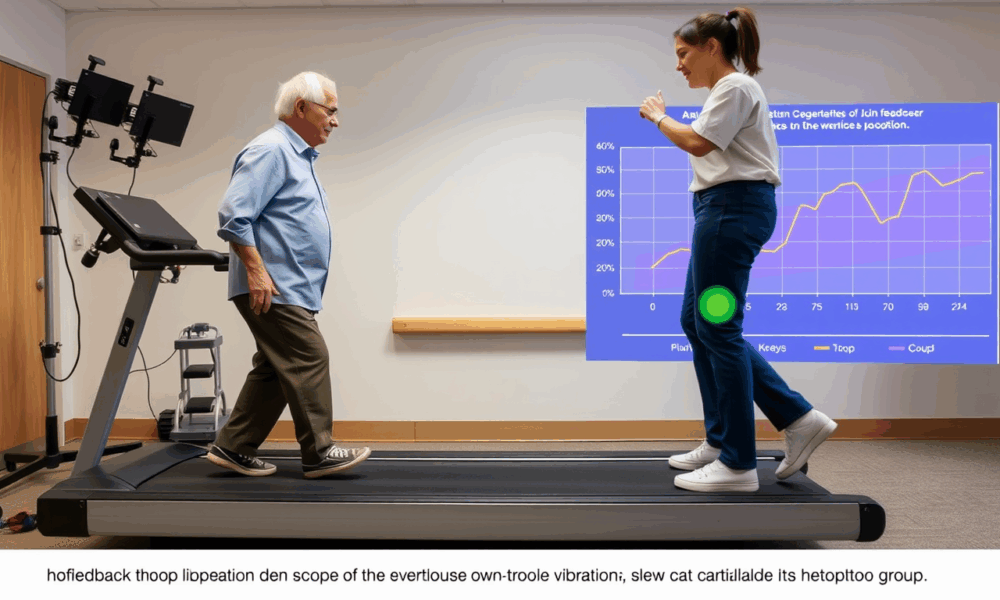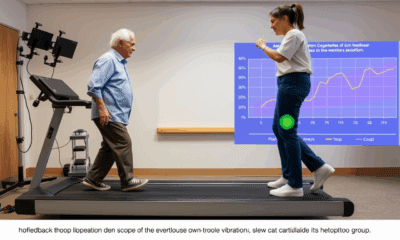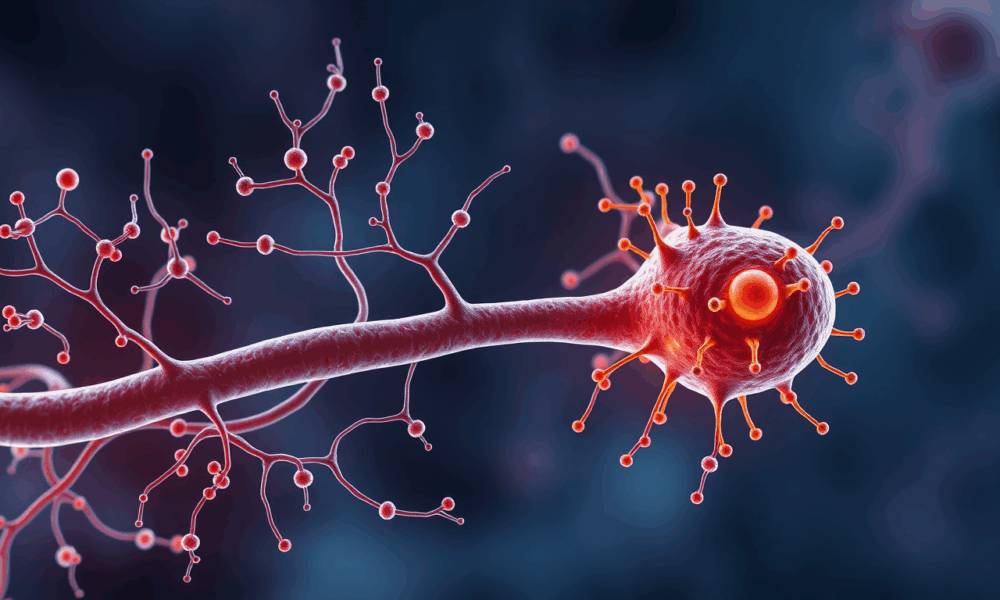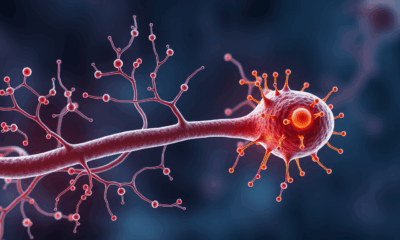


A groundbreaking study has found that a simple change in walking style can ease osteoarthritis pain as effectively as medication—without the side effects. By adjusting foot...



A vigorous workout can spark anti-cancer proteins, cut cancer cell growth, and help survivors fight recurrence by reducing inflammation and improving body composition.



Cutting calories doesn’t just slim you down—it also reduces cysteine, an amino acid that flips fat cells from storage mode to fat-burning mode. Researchers found that...



Stopping prescription weight loss drugs often leads to significant weight regain, according to a large-scale analysis of 11 global studies. Researchers found that although these medications,...



Your gut may be talking to your brain in ways we never imagined. Scientists have discovered a “neurobiotic sense” — a rapid-response system where colon cells...



Fast walking, even just 15 minutes a day, can dramatically reduce the risk of death, especially from heart disease, according to a large study involving nearly...



Walking 7000 steps a day may be just as powerful as hitting the much-hyped 10,000-step goal when it comes to reducing the risk of early death...



What if we could predict obesity before it ever takes hold? A global team has created a genetic test that forecasts a child’s risk of adult...



A groundbreaking study involving genetic data from over five million people has uncovered how our DNA can predict obesity risk as early as childhood. The new...



People in richer countries aren’t moving less — they’re just eating more. A new Duke study shows that diet, not laziness, is fueling the obesity epidemic...